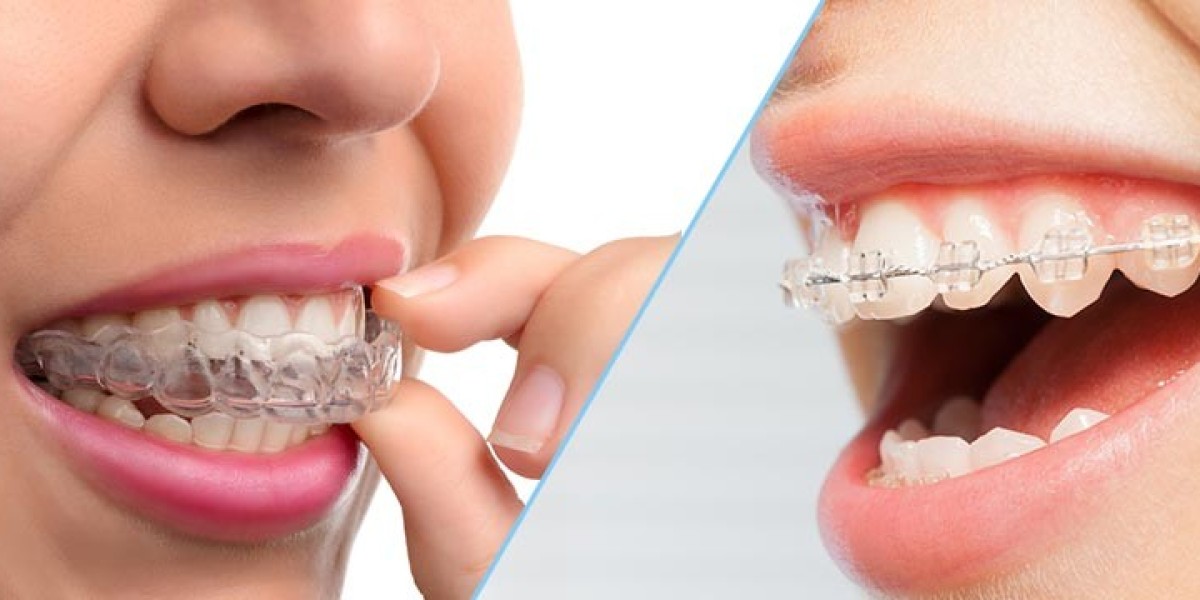Children's dentistry is a specialized field focused on the oral health of infants, children, and adolescents. It plays a crucial role in ensuring that young patients develop good dental hygiene habits and maintain healthy teeth throughout their lives. Understanding the importance of children's dentistry can help parents make informed decisions about their child's dental care. In this guide, we will explore various aspects of children's dentistry, including its significance, what to expect during visits, common dental issues, preventive care, and tips for maintaining oral health at home.
The Importance of Children's Dentistry
Children's dentistry is essential for several reasons:
Early Detection of Dental Issues: Regular dental visits allow for early detection of problems such as cavities, misalignment, and oral infections, which can lead to more serious health issues if left untreated.
Establishing Good Habits: Introducing children to dental visits at an early age helps them develop positive associations with dental care, reducing anxiety and promoting lifelong oral health habits.
Education on Oral Hygiene: Children's dentists educate both parents and children about proper brushing and flossing techniques, dietary choices, and the importance of regular dental check-ups.
Developmental Monitoring: Pediatric dentists monitor the development of children's teeth and jaws, providing guidance on potential orthodontic needs and addressing any concerns early on.
What to Expect During a Dental Visit
Parents often wonder what to expect during their child's dental appointment. Here’s a breakdown of a typical visit:
Initial Consultation: The first visit usually takes place by the age of one or when the first tooth erupts. The dentist will review the child’s medical history and discuss any concerns with the parents.
Dental Examination: The dentist will perform a thorough examination of the child's teeth, gums, and mouth. This may include looking for signs of cavities, assessing the alignment of teeth, and checking for oral abnormalities.
X-rays: Depending on the child’s age and dental development, the dentist may take X-rays to identify issues not visible during the examination, such as decay between teeth or Dentistry for Adults problems with the roots of teeth.
Cleaning: A professional cleaning may be performed to remove plaque and tartar buildup. The dentist or hygienist will also polish the teeth to give them a clean and shiny appearance.
Fluoride Treatment: A fluoride treatment may be applied to help strengthen the teeth and prevent cavities, especially for children who are at higher risk.
Education: The dentist will provide personalized advice on oral care, dietary recommendations, and discuss any necessary follow-up treatments.
Common Dental Issues in Children
Children are prone to several dental issues that can impact their oral health. Here are some of the most common problems:
Cavities: Tooth decay is one of the most prevalent issues among children. Poor oral hygiene, excessive sugar intake, and lack of fluoride can lead to cavities.
Thumb Sucking: While common, prolonged thumb sucking can affect the alignment of teeth and the development of the jaw.
Early Tooth Loss: Premature loss of baby teeth due to decay or injury can affect the alignment of permanent teeth and may require intervention.
Misalignment: Issues such as overcrowding, overbites, and underbites are common in children and may necessitate orthodontic treatment.
Gum Disease: Though more common in adults, children can also experience gum disease, often due to poor oral hygiene.
Preventive Care
Preventive care is the cornerstone of children's dentistry and Dental Sealants. Here are some essential preventive measures:
Regular Dental Visits: Children should see a dentist every six months for check-ups and cleanings, or as recommended by the dentist.
Fluoride Use: Using fluoride toothpaste and receiving professional fluoride treatments can help protect against cavities.
Sealants: Dental sealants are thin protective coatings applied to the chewing surfaces of molars to prevent decay.
Healthy Diet: Encouraging a balanced diet rich in fruits, vegetables, and whole grains while limiting sugary snacks and drinks can help maintain healthy teeth.
Oral Hygiene Routine: Parents should guide their children in developing a consistent oral hygiene routine, including brushing twice a day and flossing daily.
Tips for Maintaining Oral Health at Home
Creating a positive dental care routine at home is vital for children's oral health. Here are some tips:
Start Early: Begin cleaning your baby's gums with a soft cloth or a finger brush even before teeth emerge. This helps them get used to oral care.
Choose the Right Toothbrush: Use a soft-bristled toothbrush with a small head designed for children. Make brushing fun by letting them choose their favorite colors or characters.
Supervise Brushing: Until children are about seven years old, they should be supervised during brushing to ensure they’re using the correct technique.
Teach Proper Technique: Show your child how to brush in gentle, circular motions and Dentist in Mckinney to cover all surfaces of each tooth.
Make Flossing Fun: Introduce flossing as a fun activity. Use colorful flossers or flavored dental floss to encourage your child.
Limit Sugary Snacks: Offer healthier snack options and limit sugary treats to reduce the risk of cavities.
Encourage Water Consumption: Drinking water, especially fluoridated water, helps wash away food particles and supports overall dental health.
Conclusion
Children's dentistry is vital for ensuring that young patients develop healthy teeth and good oral hygiene habits that will last a lifetime. By understanding the importance of regular dental visits, being aware of common dental issues, and implementing preventive measures, parents can help their children maintain excellent oral health. Through education, early intervention, and proper care, we can set the foundation for a lifetime of healthy smiles. Remember, a positive experience at the dentist can make all the difference in how children perceive dental care, Dentist near me so approach it with enthusiasm and support.



